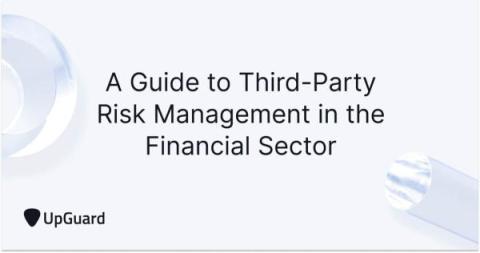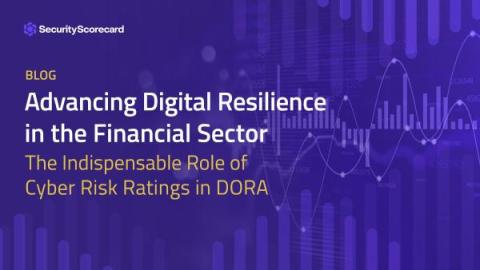Security | Threat Detection | Cyberattacks | DevSecOps | Compliance
Finance
Financial Institutions are the Most Affected by Phishing Attacks and Scams
New data shows how the overwhelming majority of phishing attacks on financial institutions dwarf every other industry sector by as much as a factor of 30-to-1. It’s no secret that banks and other types of financial institutions hold all the money, so it should be no surprise that's where cybercriminals focused their malicious activities last year, according to Group IB’s Digital Risk Trends 2023 report.
Digital Transformation in Banking: The Impact of Fintech Consulting
UK Finance Reports Slight Decrease in FinTech Cyberattacks
The latest report from UK Finance paints a mixed picture of financial fraud in the United Kingdom, with losses exceeding £500 million in the first half of the year. However, amidst these concerning figures, there is a glimmer of hope as cyber fraud rates have shown a slight 2% decrease from the previous year.
The Future of Financial Management with Cutting-Edge Software
Financial Institutions in New York Face Stricter Cybersecurity Rules
Boards of directors need to maintain an appropriate level of cyber expertise, incidents must be reported within 72 hours after determination, and all ransom payments made must be reported within a day. Those are just some of the changes made by The New York State Department of Financial Services to its Cybersecurity Requirements for Financial Services (23 NYCRR 500), effective November 1, 2023.
New Data Reveals Top Drivers of Secure Software in Financial Services Sector
Across the globe, the financial services sector is affected by increased security regulations. To name a few, there is the United States’ Executive Order on Improving the Nation’s Cybersecurity, the European Union’s NIS2 Directive, the SEC’s new rules on disclosures, and ISO 20022.
Guarding the Vault: Unmasking Cyber Threats Facing the Financial Sector in 2023
Banks and other financial institutions have the one thing every criminal desires. Money. So, it only makes sense that cybercriminals prioritize attacking this industry sector, and it makes even more sense for these institutions to harden their systems to prevent attacks.
2023 API Security Trends for Financial Services
The financial services industry has embraced the wave of digital transformation, allowing their customers to make informed decisions and instant transactions with the click of a button. One of the unsung heroes providing that level of customization and access are a collection of microservices and application programming interfaces (APIs).
Advancing Digital Resilience in the Financial Sector
Financial entities throughout the European Union are preparing for the Digital Operational Resilience Act (DORA), a new piece of legislation to strengthen the digital resilience of credit institutions, investment firms, insurers, and more. DORA focuses on breach prevention and cyber resilience, meaning financial institutions must prioritize both protecting their attack surface and incident response planning.










